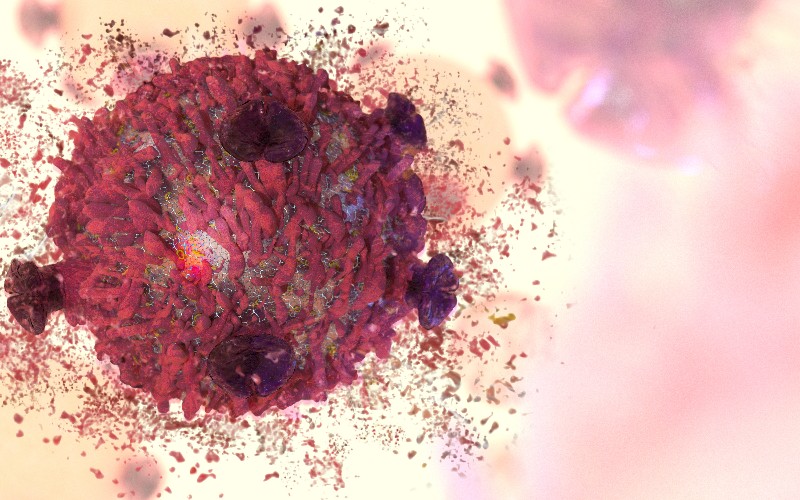Abingdon MedTech Grey Wolf Therapeutics has raised £40 million Series B funding for its cancer-fighting technology.
Grey Wolf generates anti-tumour immune responses through targeted cancer neoantigen creation.
The financing was co-led by Pfizer Ventures and Earlybird Venture Capital, and also included investment from new investors Oxford Science Enterprises and British Patient Capital and existing investors Canaan and Andera Partners.
Grey Wolf Therapeutics’ therapeutic strategy is centred on generating entirely novel immune responses against tumours thereby overcoming key resistance mechanisms to current immuno-oncology therapy such as poor tumour recognition by T cells and T cell exhaustion.
This is achieved through targeted inhibition of the endoplasmic reticulum aminopeptidases (ERAP1 or ERAP2), which drives the generation and presentation of novel and potent cancer antigens to the surface of tumour cells, in turn eliciting a de novo T cell response against tumours.
During the first half of 2023, the company intends to initiate an adaptive Phase 1/2 clinical trial evaluating the safety, tolerability, and efficacy of its lead candidate.
“This syndicate of leading life science industry investors brings a wealth of relevant expertise and resources to Grey Wolf at a critical time in our evolution as we prepare to enter the clinic,” said CEO Peter Joyce.
“The funding these groups have committed to Grey Wolf will not only support our efforts to demonstrate clinical proof-of-concept for ERAP inhibition with our lead program, but it will also drive our continued scientific exploration in this area as we aim to further advance and broaden our pipeline of first-of-their-kind therapeutics.”
Marie-Claire Peakman, principal with Pfizer Ventures, added: “The scientific ground being pursued by the Grey Wolf team is fertile with potential solutions for overcoming two of the most significant resistance mechanisms limiting current immune-oncology therapies – poor tumour visibility and T cell exhaustion.
“We look forward to supporting the company as it enters the clinical setting and works to develop an actionable and completely novel therapeutic approach.”

